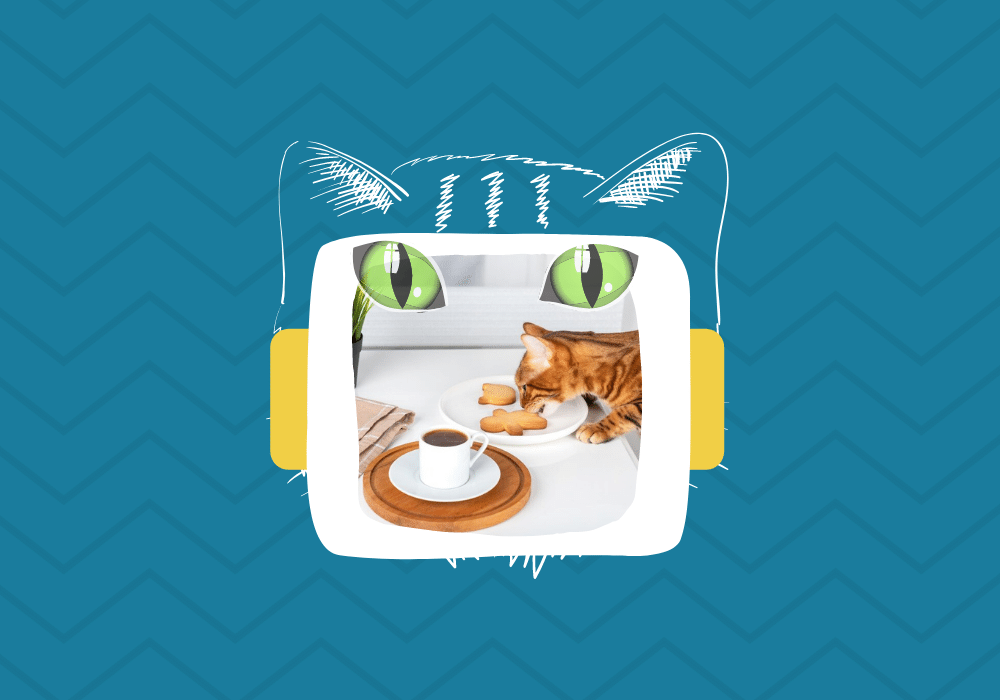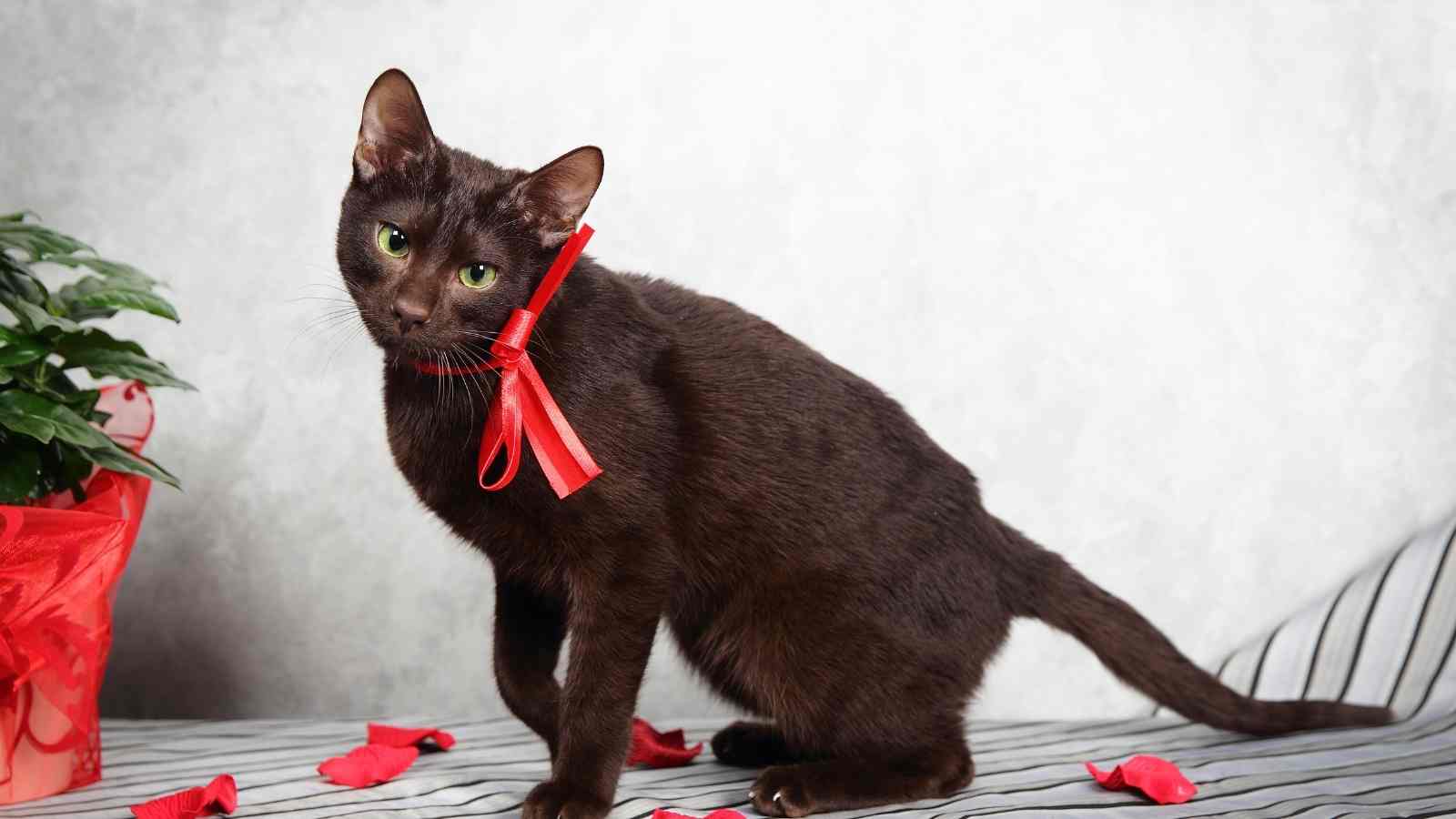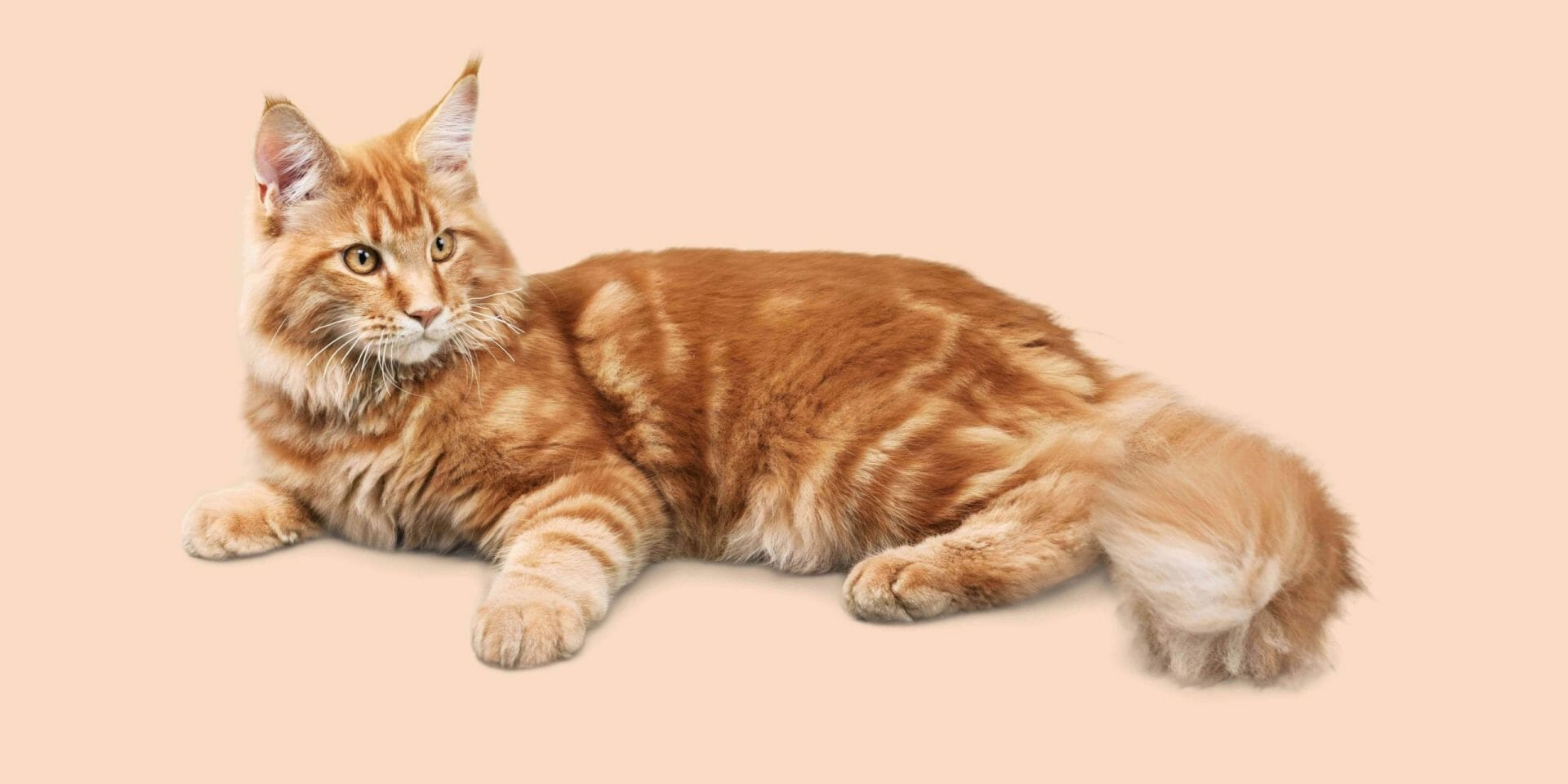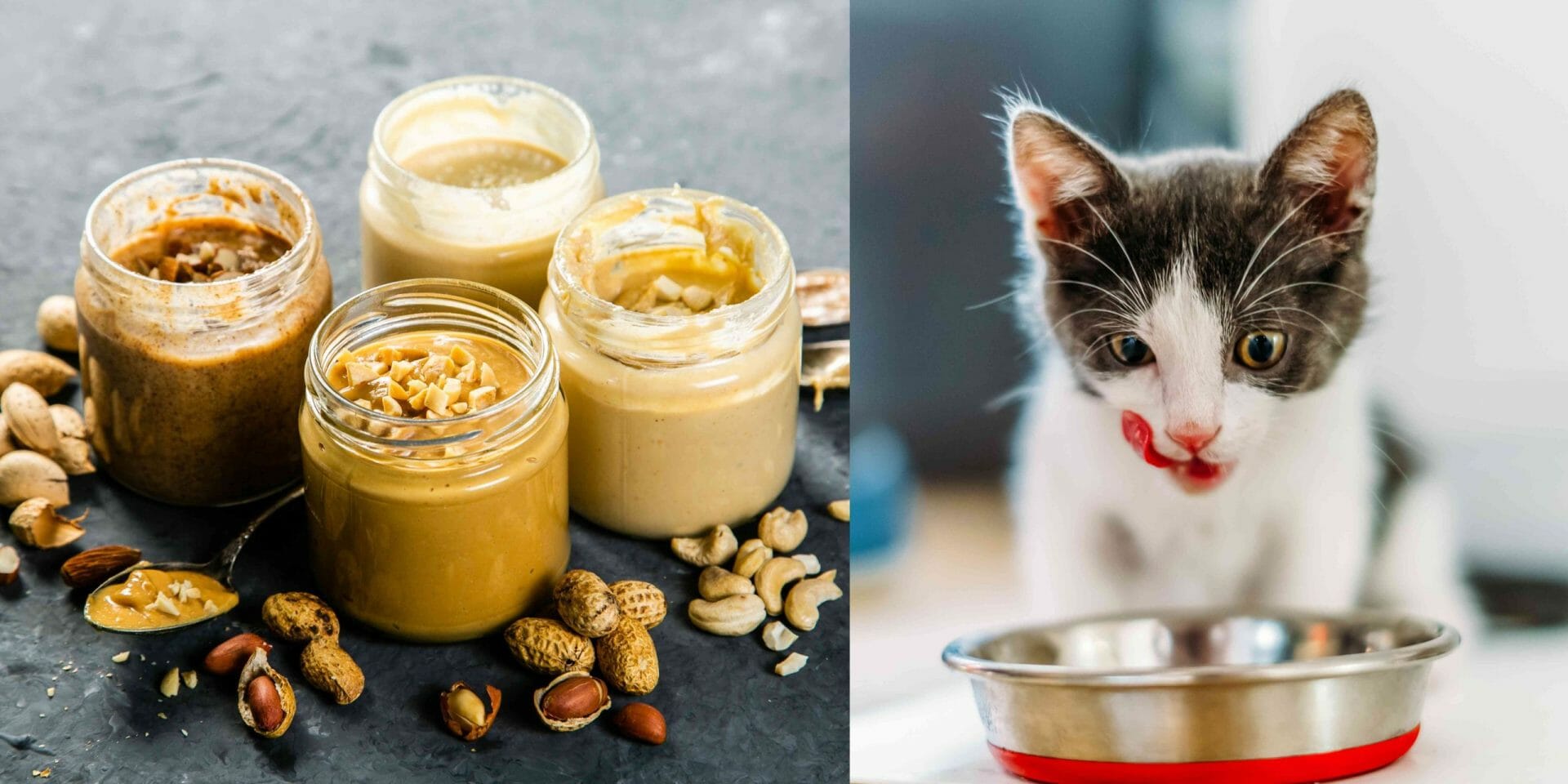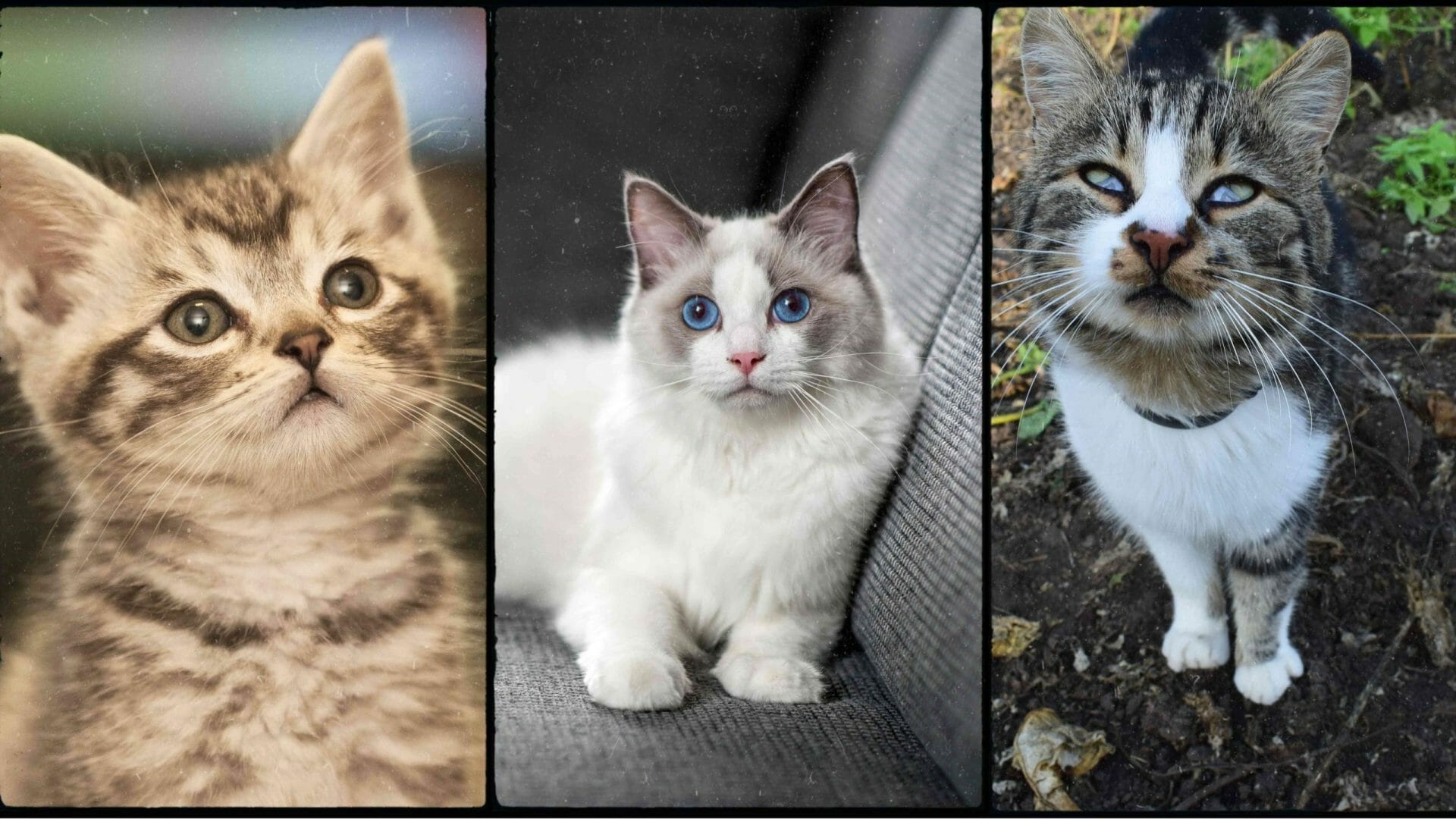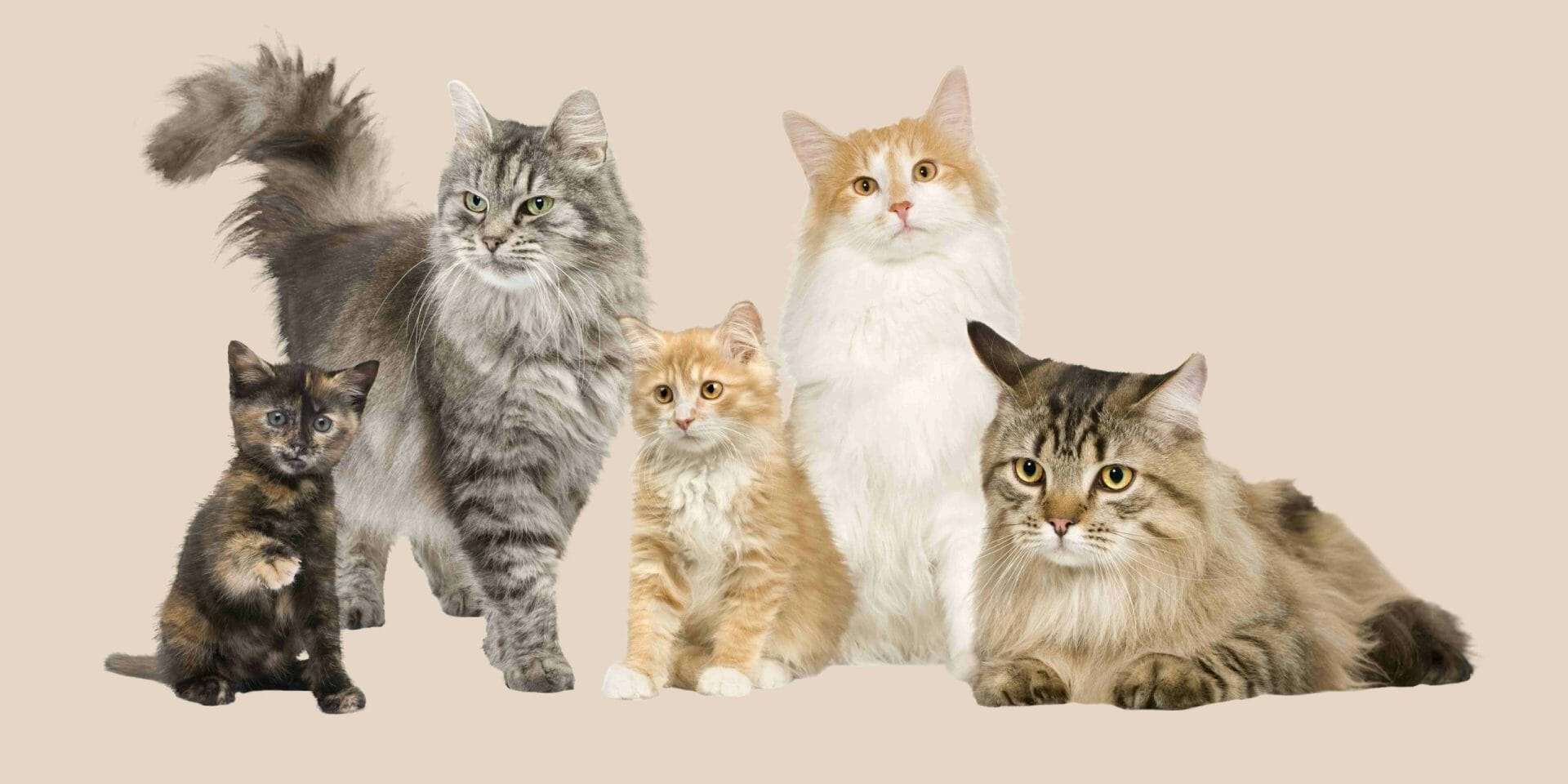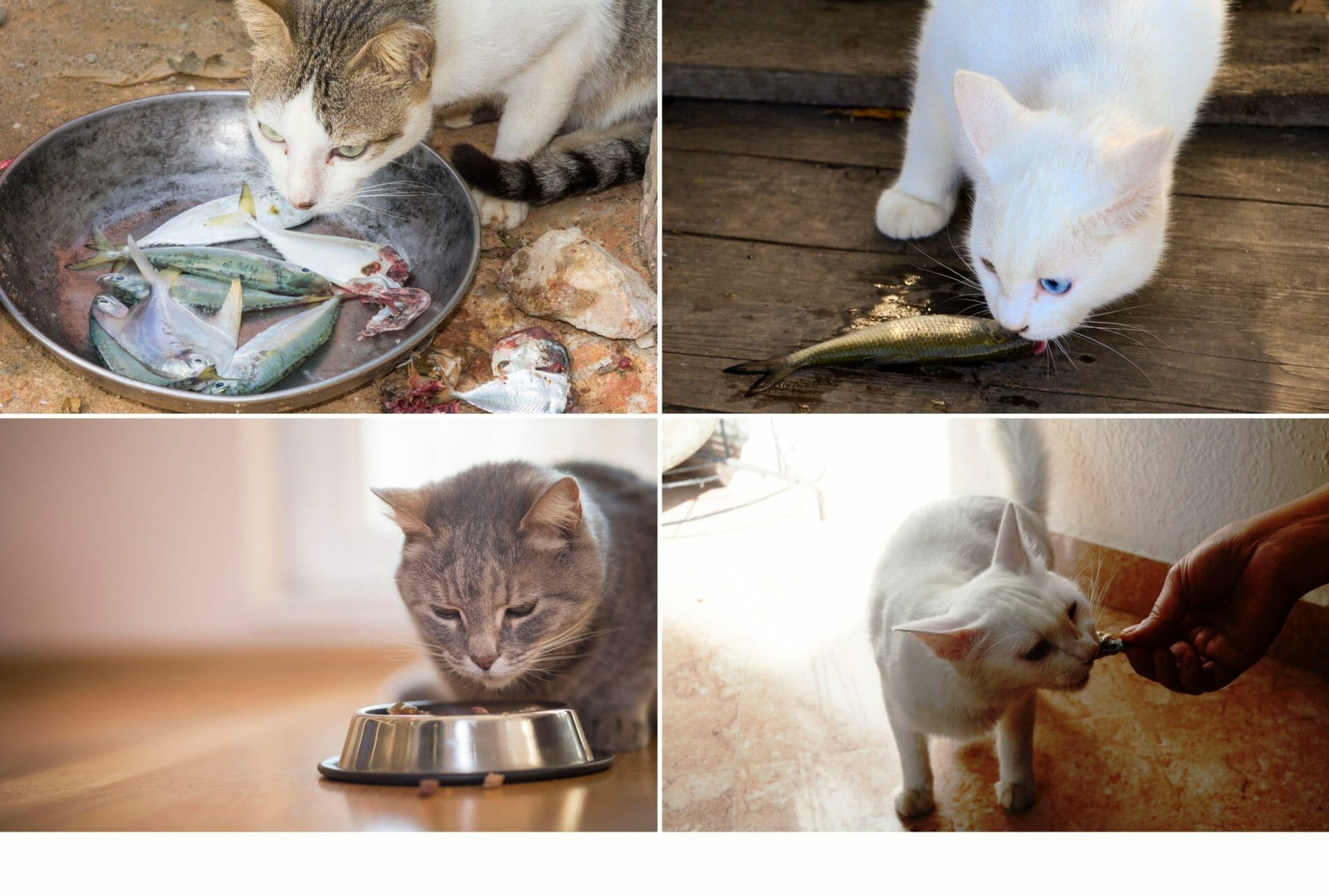What Do Cats Like To Have For Breakfast?
Feeding your feline pet can be an easy task. This task becomes easy and a breeze when you know how often and how much food you should provide to your pet and what food your cat can have, what is a must for your cat and what should not be given to your feline pet.
Knowing all the basics is necessary to ensure that feeding does not become strenuous and challenging to handle tasks and will ensure that your cat grows well and gains a balanced and proper weight with the help of good nutrition; providing a fair and healthy diet is the duty of a pet owner.
Some views on what cats eat for breakfast or dinner can come into mind as one goes along to be a cat parent.
Knowing the key to how often cats should eat will guide you about how much cat food you need to buy regularly. It should also help you build a routine and diet plan for your feline pet. Overall, knowing how often cats should eat is significant to ensure that your feline pets don’t weigh less or too much, i.e. to maintain healthy and balanced weight conditions, it is essential to know how much your feline pet needs to eat, what kind of food your cat should be given and how often should you feed your cat.
As a creature of habit, cats develop a quick time for eating, and they usually stick to it. Once cats have established a routined feeding schedule, they will become habitual and follow that schedule very punctually, and the owner will have an easy time and stress-free way of feeding them.
How often do cats eat
Cats are opportunistic feeders, i.e. if they are provided with food without any restriction and hindrance, cats can eat any time of the day whenever they feel hungry.
Cats usually eat twice a day, with a gap of 12 hours apart. Their routine may be arranged simultaneously when the owners or the family eats so that your cat can also have the same eating routine, and this will help make their eating habits improve a lot.
Growing kittens usually tend to get a more frequent meal schedule with about three or four meals in a day. By around six months of age and above, they can follow the same feeding routine as adult cats have.
Nutrient-dense meals are greatly recommended for them, mainly because the cats don’t eat as often anymore. You can also add a few snacks and treats at regular intervals during the day.
Breakfast is the first meal of the day, and it has been believed to be the most important one.
Cats are not excluded from this connotation as it is exceptionally suggested that cats should also eat nutrient-dense food with their first meal, i.e. breakfast.
Aside from a portion of nutritionally complete and balanced cat food, other homemade breakfast meals are so good and balanced that your cat can enjoy them at the beginning of each day. These foods include:
- Eggs with cottage cheese or plain eggs
- Whole grain like oats
- Rice mixed with chicken meat
- Cooked fish
- Vegetables
Can my cat skip eating breakfast?
Your feline pet’s eating routine and behavior will largely depend on your eating schedule, as pets love to follow what their masters do.
Scheduling your cat’s meal timings and routine will be more accessible and comfortable if you plot them in your free time or eat your meals on the same schedule.
There is no strict rule on when cats should eat, as long as your pets aren’t starved without any reason or medical condition for more than 12 hours, since their stomach can be hyper acidic if it is kept empty for a long time. A sour stomach may lead to nausea, gastric ulcers, pain in the gut, and other gut-related problems if prolonged.
Can we feed kittens the same breakfast as older cats?
Kittens are babies currently in their growing age and have a developing and growing gut compared to adult cats, who have their hearts wholly developed. Kittens can have the same breakfast as adults, but the food that should be fed must be softer.
Kittens may not have developed entirely chewing mechanisms or teeth and can have difficulty feeding hard food such as bone, etc. may get stuck in their tiny throats if the same breakfast food is served.
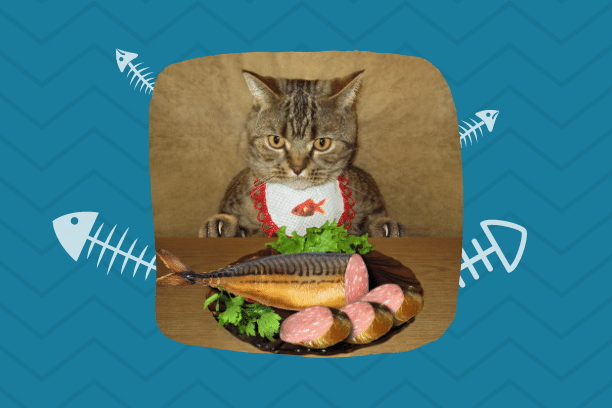
Cat owners can provide the same breakfast to the kitten as long as it is broken down or mashed into smaller pieces or pureed, suitable for their own eating pace without getting stuck or hurting their throat according to their capabilities.
Can we feed cats human food?
Cats are obligate carnivores, i.e. they are meat-eaters which is a must for them, and they can also have a variety of human food every day. It won’t be long when you find your cute little feline pet by your side by the dinner table, longing for food scrap.
Occasional feeding with human food is acceptable at dinner time; however, this has been proved to increase the weight to a great extent in some cats that cannot control or balance their eating habits.
Owners should also note that not all human foods are safe for cats. Their digestive and excretory systems are designed differently, and they can have human food as treats in most instances.
What human foods are safe for cats to eat?
Your cat can have so many human food options. Some of the common food groups that your cat can safely eat with you may include any of the following in general:
Proteins carry a massive significance in their diet as being carnivores. A pervasive myth is that cats should only have raw meat. This misconception can be true sometimes as some food preparations may contain raw meat.
Still, it can help if one takes note that, like humans, raw meat contains harmful bacterial pathogens that are maybe damaging and infectious to the gut of the cats too. Remember that serving your cat with plainly cooked meat will satisfy their appetite.
Vegetables
It is often a commonly asked question how vegetables can be significant for a cat’s health and diet. Cooked or steamed veggies are rich in fiber, have plenty of nutrients, and have a good water content that cats could primarily benefit from.
This food group can help regulate their cravings and their pooping habits as well and helps to avoid constipation.
Fruits
Although cats do not appreciate sweet flavors, as they do not have sweet tongue receptors, fruits can aid with digestive issues and help relieve constipation. They are also nutrient-dense and can be given a treat, an occasional snack, or a dessert.
You can also add some fruits to plain yogurt that are finely chopped or cut into small cubes for more texture and flavor.
Dairy
There are a lot of issues related to dairy products when we talk about cats. Like humans, not all cats can tolerate lactose. Some of them may be lactose intolerant, i.e. they cannot consume lactose. So the preference lies in your cat’s conditions of lactose tolerance to dairy products.
Everyday dairy products that can be safely fed are cheeses and yogurts if your cat is not lactose intolerant.
Grains
Your furry friend will enormously and optimally benefit from grains. Those grains with a smaller texture, like millet and couscous, are healthy and enjoyable to their palate.
Remember, you should not serve raw dough because it can react with the gut and may cause severe consequences. Also, this creates an alcoholic substance which may lead to powerful results.
- Pieces of bread, oats, and rice are the most common grains that can be included in their diet and are helpful. These are also not difficult to find as well.
Fish
Fish products are a prevalent source of fatty acids and contain omega-3 more significantly.
Cats can get these nutrients from fish products that are also suitable for their liking, including mackerel, salmon, and herring, in balanced and well-managed preparation and proportion.
Nothing can substitute the proper diet for your cat than a recommended meal chart and dietary plan according to the very needs of your feline pet from a certified veterinarian or nutritionist.
Before letting your cat eat these food groups or any new ones, consult.
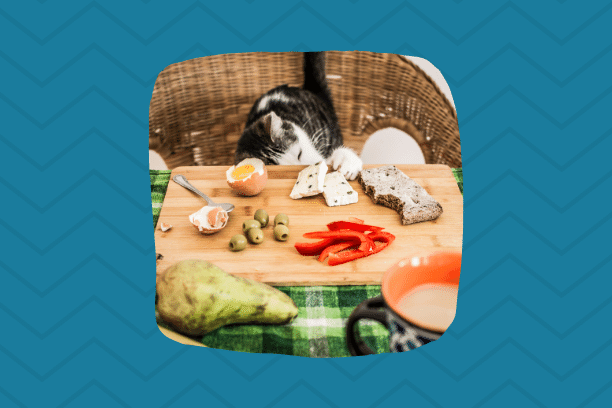
What human foods are harmful to cats?
The list of harmful human foods can go long on as the human foods that may cause harm to your cat are more than the foods that do any good to them. These food groups are easy to know and grab at home and can accidentally, without any pure intentions, be served or added to their daily regimen, which may prove to be harmful to your cat.
After reading all the information contained in this article, you need to make sure to share this knowledge with the pet owners around the house so that they may avoid feeding your cat these food products:
- Caffeine
- Chocolates
- Fruit seeds
- Raisins and grapes
- Alcohol
- Raw meat
- Gluten-based products
- Corn substitutes
- Onion and garlic
- Bread dough
- Xylitol (artificial sweetener)
What do I feed my cat for dinner?
You can feed the same food to the groups for your cat at dinner time. However, it is best to keep in mind and follow the recommended diet for some cats, like having meals for dinner that are lighter than the ones served throughout the day.
You can feed some swift cats the exact well-balanced amounts and food types on all of their meals, as they will digest it fast.
The thing that matters is how your cat is being fed. If the food being served is of great nutritional value, it must be given appropriately according to a managed and balanced diet plan; it is better to get a well-managed diet chart by consulting your pet’s veterinarian.
Overfeeding can be a severe issue. Usually, when more people have gathered at the dinner table by night, your cat may see and long for more food. Also, people having dinner may feed your cat without any check as a gesture of love and care towards your cat.
Dinner gatherings may cause one’s cat to search for more food scraps. Be polite in allowing them to have these food scraps as this could cause an imbalance in their weight and body size if tolerated.
Related Posts
- How To Get a Scared Cat Out of Hiding?
- What Do Cats Like To Have For Breakfast?
- Can Dogs Eat Peaches? (Read This First)
- Can Cats Eat Peanut Butter? (Read This First)
- Why Does My Dog Snore? (Everything You Need To Know)
- Can Dogs Eat Shrimp? (Read This First)
- Can Dogs Eat Celery? (Read This First)
- 35 Vegetables and Fruits Safe For Your Dog (Best Guide)
- Are Dogs Faster Than Humans? (Everything You Need To Know)
- What Causes Dogs to Scratch Their Bedding Before They Go To Sleep?
